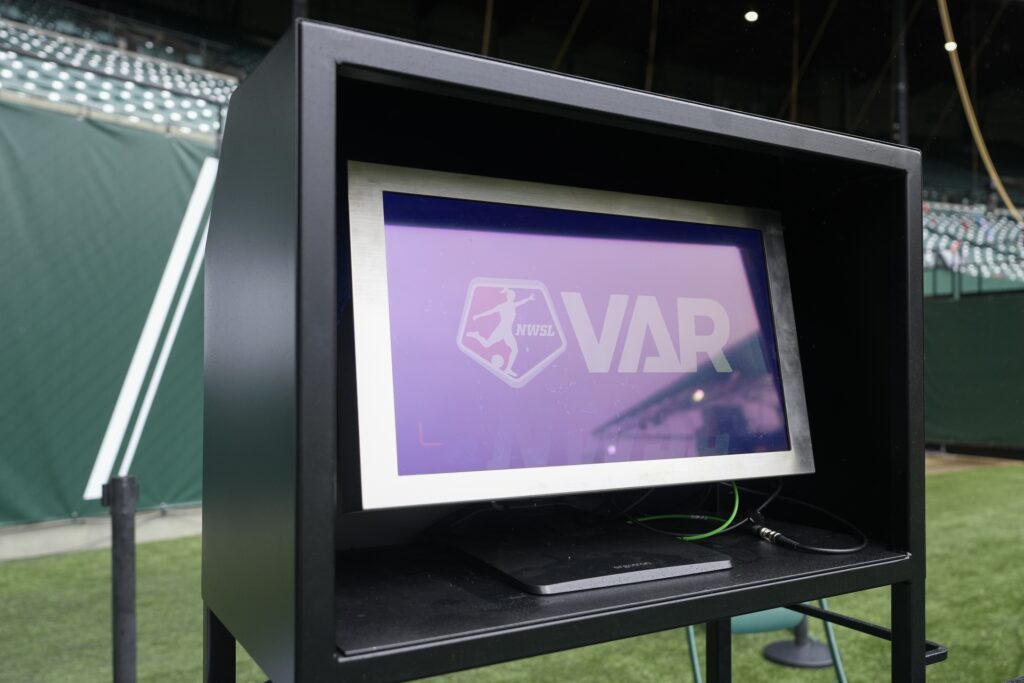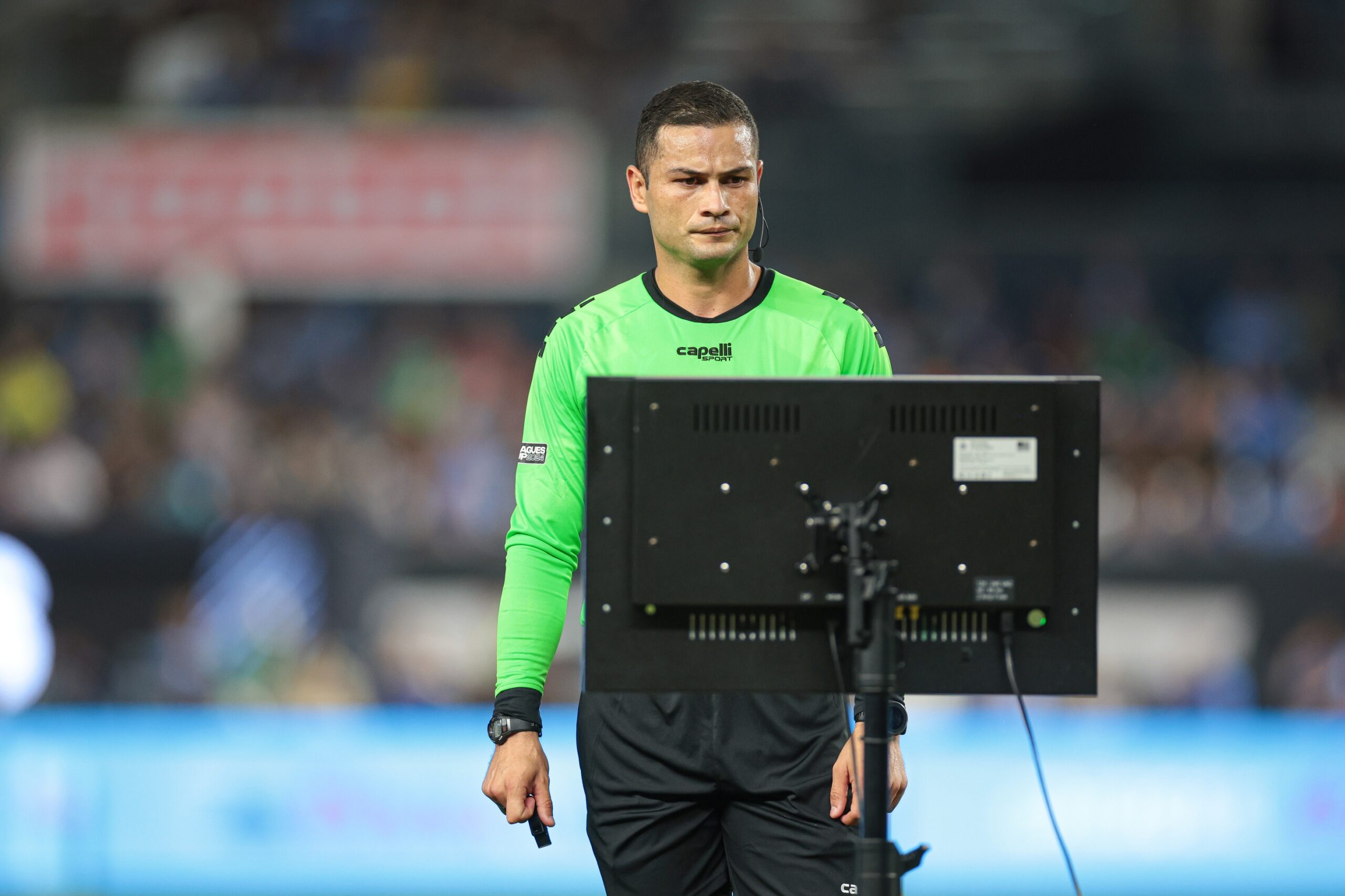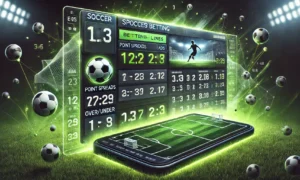The introduction of Video Assistant Referee (VAR) technology in the Premier League has been a game-changer, quite literally. In this article, we’ll explore the multifaceted impact of VAR on refereeing decisions in one of the world’s most-watched soccer leagues.
What is VAR?
VAR, or Video Assistant Referee, is a technology used to assist the on-field referee in making crucial decisions. It involves a team of officials watching video replays of incidents to advise the main referee on potential errors or missed incidents in four key areas: goals, penalties, direct red cards, and cases of mistaken identity.
The Positive Impact of VAR
1. Increased Accuracy in Decision-Making
One of the primary benefits of VAR has been the improvement in decision accuracy. According to Premier League statistics, the accuracy of key match-changing decisions increased from 82% without VAR to 96% with VAR in its first season of implementation. This significant improvement has led to fairer outcomes in many matches.
2. Reduction in On-Field Confrontations
With the knowledge that decisions are being reviewed, players are less likely to aggressively confront referees. This has led to a noticeable decrease in heated on-field arguments, promoting a more respectful environment.
3. Deterrent for Unsporting Behavior
The presence of VAR acts as a deterrent for players considering unsporting behavior, such as diving or violent conduct off the ball. Knowing that their actions are likely to be scrutinized has encouraged fairer play.

The Challenges Posed by VAR
1. Disruption to Game Flow
One of the most significant criticisms of VAR is its impact on the flow of the game. Extended pauses for reviews can disrupt momentum and affect the overall viewing experience for fans.
2. Controversy Over Subjective Decisions
While VAR has improved accuracy for clear-cut decisions, it has also highlighted the subjective nature of many calls in soccer. Debates over what constitutes a “clear and obvious error” have led to new controversies.
3. Emotional Impact on Players and Fans
The delay between a goal being scored and it being confirmed or overturned by VAR has changed the emotional experience of the game. The spontaneous joy of scoring is often tempered by the anxiety of waiting for VAR confirmation.
The Future of VAR in the Premier League
As with any new technology, VAR is evolving. The Premier League continues to refine its implementation, focusing on:
- Speeding up the review process
- The time taken for VAR reviews has been a significant concern for players, coaches, and fans alike. (Time limit on reviews, enhanced training for VAR officials)
- Improving communication with fans in the stadium
- One of the most frustrating aspects of VAR for fans in the stadium is the lack of information during reviews. (Audio announcements, enhanced visual displays)
- Clarifying the criteria for VAR intervention
- The concept of “clear and obvious errors” has been a source of confusion and controversy. (Detailed guidelines, regular reviews and updates are two ways to correct this issue)
Closure
As someone who has played at various levels and now coaches, I see VAR as a positive step towards fairer officiating in soccer. However, it’s crucial to strike a balance between accuracy and maintaining the spirit of the game. The ongoing challenge for the Premier League is to harness the benefits of VAR while minimizing its disruptive aspects.
The impact of VAR on Premier League refereeing decisions has been profound, changing not just how games are officiated, but how they are played and experienced. As the technology and its application continue to evolve, it will undoubtedly remain a topic of intense discussion among players, coaches, and fans alike.









